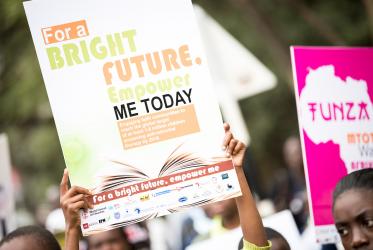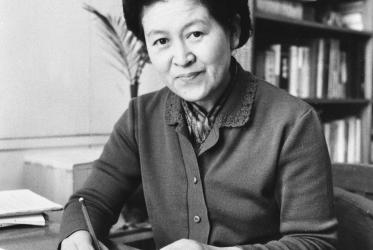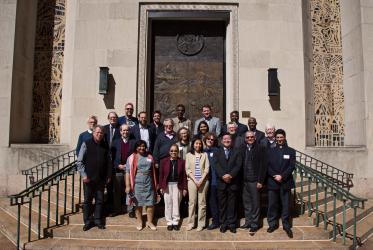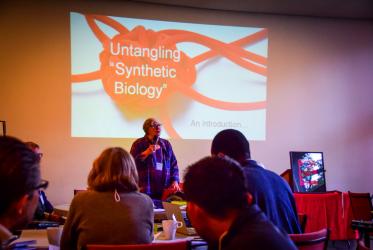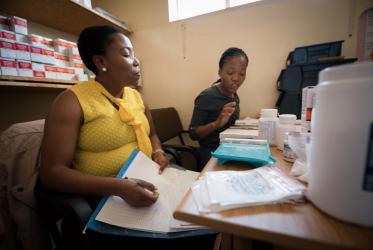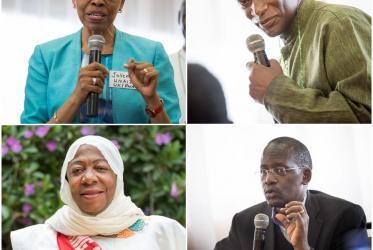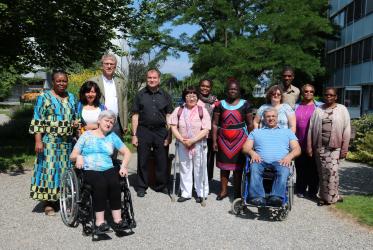Displaying 61 - 80 of 143
A tribute to former WCC president for the Asia-Pacific
27 April 2018
Panel addresses economic and climate injustice
24 April 2018
Konrad Raiser shares ecumenical journey of transformation
06 February 2018
Asian church leaders exchange ideas on diaconia
19 December 2017
Re-engineering life forms: Church forum raises concerns
09 November 2017
“Good healthcare a right, not a privilege,” says WCC-EAA
11 October 2017
"We have our work cut out for us"
10 August 2017
Plans for 2017 decided by WCC Executive Committee
01 December 2016
Taking the measure of the ecumenical movement today
30 November 2016
GEM school ends with hope for a better tomorrow
08 September 2016
